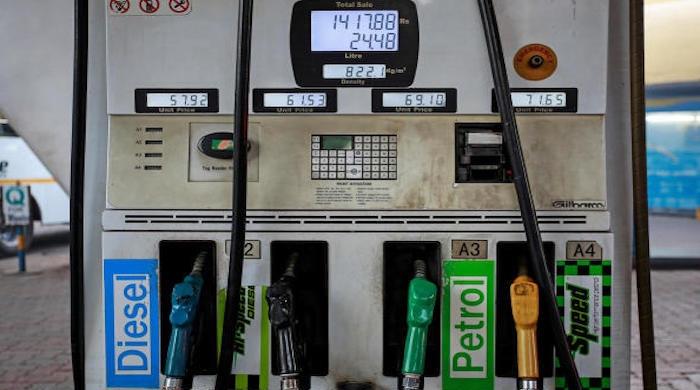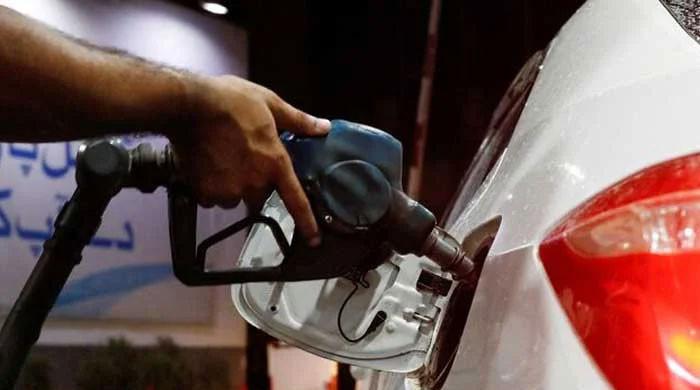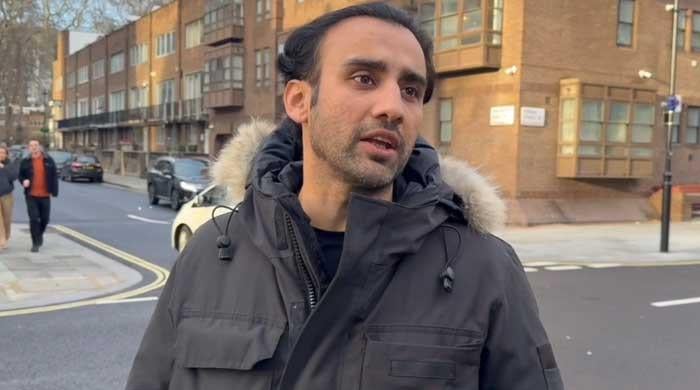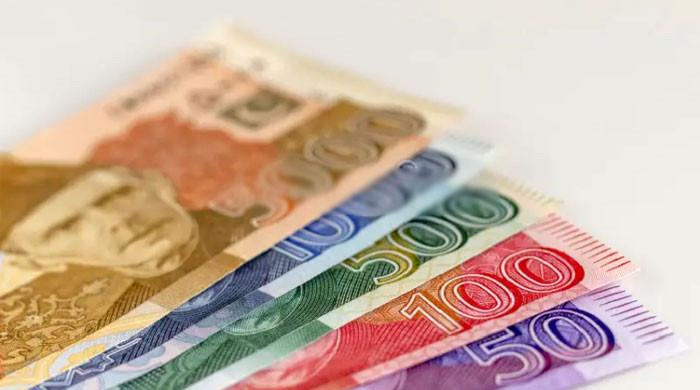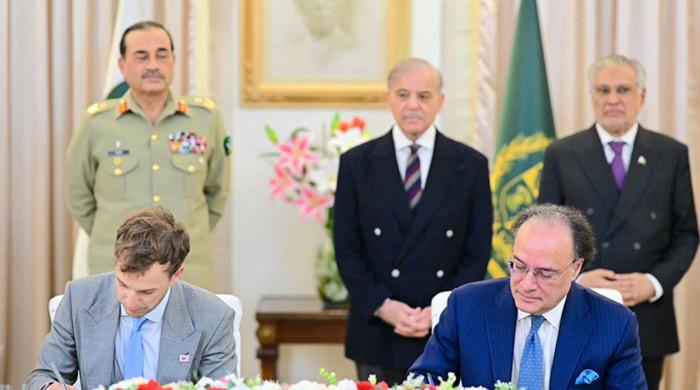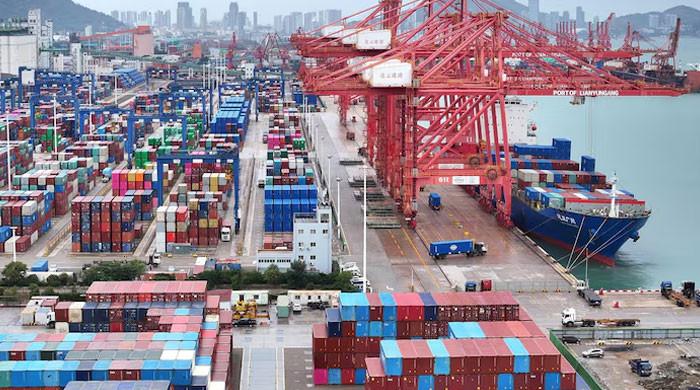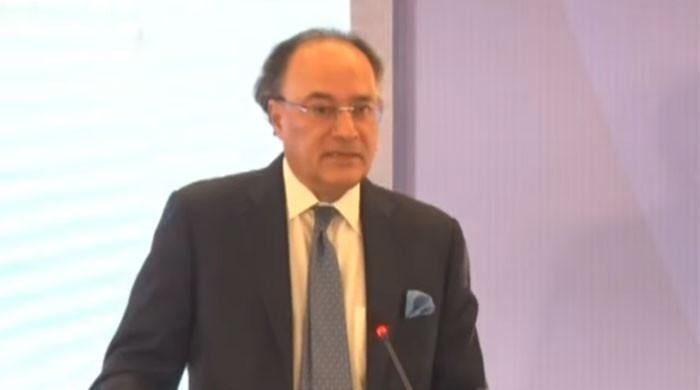ECC approves Rs2.89/kWh hike in K-Electric power tariff
Per kilowatt-hour charges for various categories of consumers in Karachi surges from Rs1.09 to Rs2.89 after approval
July 04, 2020
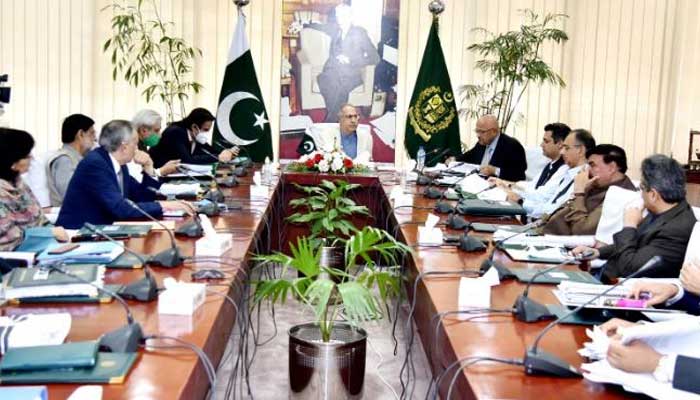
ISLAMABAD: The Economic Coordination Committee (ECC) on Friday approved an increase in K-Electric's power rates of between Rs1.09 and Rs2.89 per kilowatt-hour (kWh) for different tariff slabs.
The ECC also approved Rs29.72 billion for a cash assistance package of Rs12,000 per beneficiary to 3.725 million applicants, irrespective of provincial, regional and district quotas, under the Ehsaas Emergency Cash Programme.
The decision came after the Poverty Alleviation and Social Safety Division told the ECC that 3.151 million applicants who had applied for assistance through SMS were found eligible under the approved criteria but these applicants could not be provided assistance on account of provincial/district quotas.
The meeting also decided to take up the issue of sale of RLNG to domestic gas consumers and pointed that it had caused losses of over Rs73 billion to SNGPL since July 2018 and was creating another stream that is adding to circular debt. It was decided that a small group of ministers would be tasked with discussing this issue and finding a solution. One of the options tabled was to recover the shortfall as part of tariff and charge from consumers by increasing rates.
The ECC was told that the sale of RLNG to domestic gas consumers at weighted average domestic tariff price on the SNGPL network had resulted in an accumulative revenue shortfall of Rs73.84 billion for the period of July-2018 to April 2020.
The ECC was also briefed that the issue of RLNG revenue shortfall had arisen mainly because of the price differential in domestic gas as 91% of the domestic gas consumers had been paying an average monthly bill of Rs121, which was many times less than the price of imported RLNG supplied to domestic consumers in the winter months.
The ECC considered the proposal and asked Ogra to review it, especially the RLNG revenue shortfall as worked out by the SNGPL, and report back to ECC. The ECC also decided to further discuss the issue in a small group to develop a consensus-based solution to the issue for a policy decision at the government level to avoid the creation of a circular debt situation in the RLNG sector.
Originally published in The News




